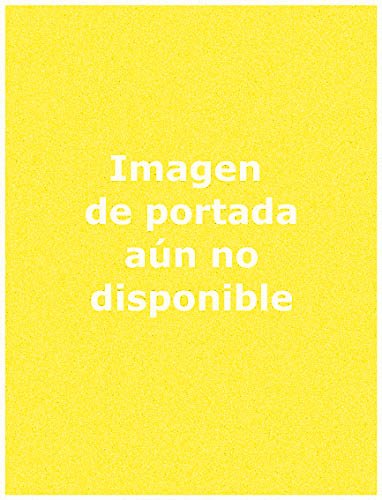


David was the middle child of three, his brother Lionel having a distinguished career at the Scottish bar, and he grew up as a normal, middle-class Edinburgh boy, unable only to take part in sports on Saturdays.

The Daiches had come from Lithuania, and a long succession of rabbinical scholars. Being brought up in an Orthodox Jewish family in Scotland after the first world war was an experience he entertainingly described in Two Worlds (1956), an account of his schooldays and a moving tribute to his father, a powerful speaker, campaigner and scholar, who did much to integrate Scottish Jewry into Scottish life, while preserving its distinctiveness. As director of the Institute for Advanced Studies in the Humanities at Edinburgh University (1980-86), and earlier at Sussex University, where he was professor of English (1961-77) and dean of the School of English Studies (1961-68), he became one of the most prolific and respected academics of his time.ĭaiches was born in Sunderland, but moved, at the age of six, to Edinburgh, where his father became rabbi to the city's two synagogues and de facto chief rabbi of Scotland. At 11, he discovered that his father had, without telling him, given his poems to his school magazine, and the publication of one of them in a serious journal with no juvenile section attracted much attention.īut although he was to produce some creative literature of his own, it was as a teacher, critic, historian and scholar that Daiches was to make his mark. As a small boy, the distinguished literary scholar and historian David Daiches, who has died aged 92, decided he would become the second Shakespeare, and his published writings certainly exceeded the bard's in length.


 0 kommentar(er)
0 kommentar(er)
